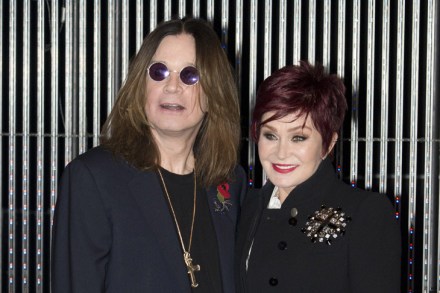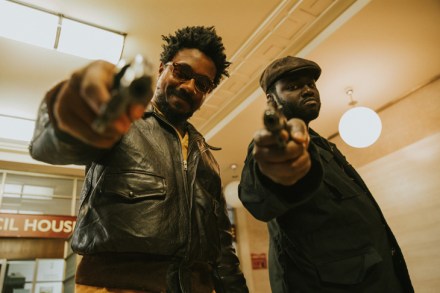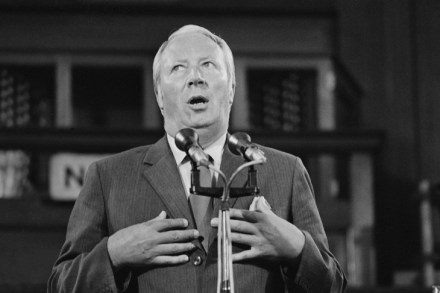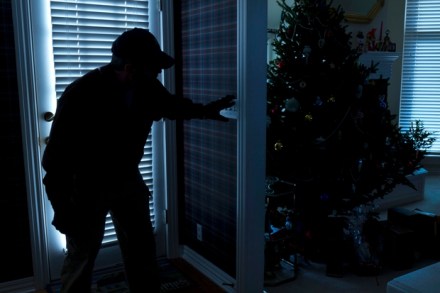The wait for answers over Grenfell Tower goes on
The death toll from Grenfell Tower has now risen to 80, with police saying it could be next year before the true number of those who died is finally confirmed. This uncertainty isn’t for a lack of effort on the part of the emergency services; it’s clear that the search and recovery operation is underway in earnest but that conditions inside what’s left of the block are, inevitably, hampering efforts. In the words of Detective Superintendent Fiona McCormack, the police officer leading the investigation, a scene of ‘utter devastation’ greets rescuers making their way precariously through the remains of the tower block. Yet while the police are right to be




















